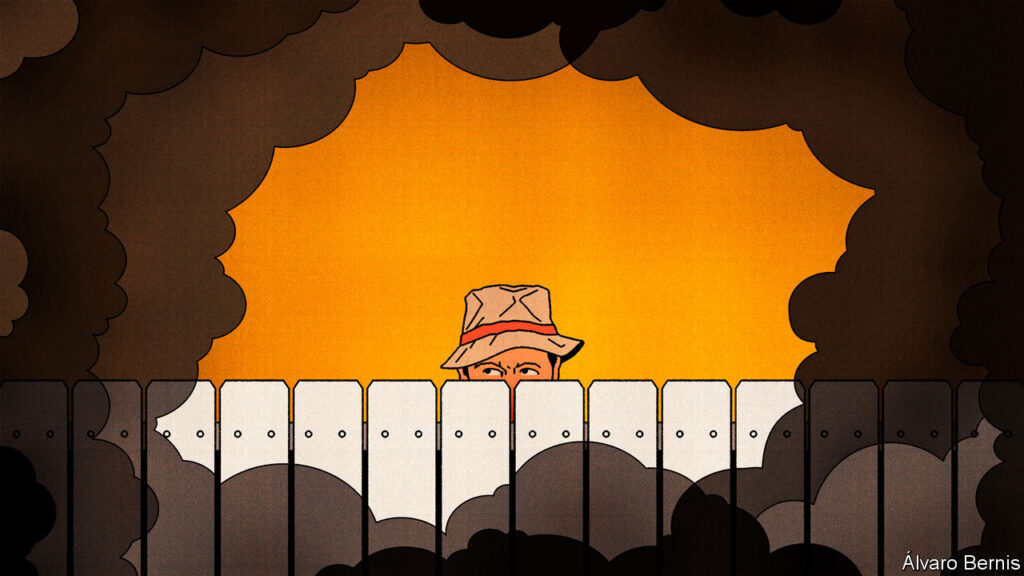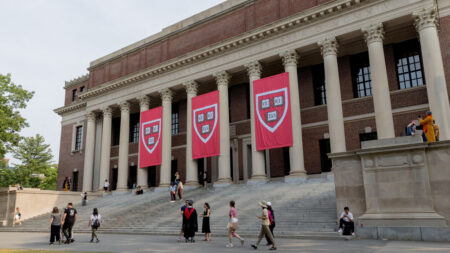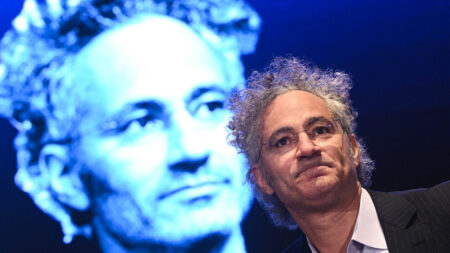The story of the shopkeeper’s son breaking a window and the crowd’s reaction to it serves as a parable to illustrate the broken-window fallacy. In this story, the crowd sees the broken window as a reason to celebrate because it creates work for the glazier. However, they fail to consider the unseen possibilities that could have brought greater happiness to the shopkeeper if he had spent his money on something else. This parable, written by Frédéric Bastiat, a 19th-century economist, highlights a common form of argument where the focus is on the immediate, visible effects rather than the long-term consequences.
If the same scenario were to play out today, the reaction might be different, especially if the crowd consists of nimbys who oppose local construction. Their concern could be with the environmental impact of the broken window, specifically the “embodied carbon” released by the production of a replacement window. The process of making a pane of glass involves extremely high temperatures, often exceeding 1,000°C. If the furnace is powered by coal, the carbon cost of producing a new window would be significant. Additionally, the materials used in construction, such as bricks, concrete, and glass, are considered to be embodiments of past emissions, contributing to the overall carbon footprint of a building.
In considering the broken-window fallacy in the context of today’s environmental concerns, it is important to recognize the broader implications of seemingly small actions. While the immediate benefit of creating work for the glazier may be visible, the long-term costs in terms of environmental impact are often overlooked. This highlights the complexity of decision-making and the need to consider both short-term and long-term consequences in order to make informed choices that promote sustainability and reduce negative externalities.
Furthermore, the story of the broken window can also be applied to other areas of policy and decision-making. For example, government spending on infrastructure projects or disaster relief efforts may be seen as beneficial in the short term, as they create jobs and support economic growth. However, the long-term costs and implications of these decisions, such as environmental degradation or increased debt, should also be taken into account. By considering the full range of effects of a particular policy or action, decision-makers can make more informed choices that balance short-term benefits with long-term sustainability.
In conclusion, the parable of the broken window serves as a powerful reminder of the importance of looking beyond immediate, visible impacts to consider the broader consequences of our actions. Whether in terms of environmental sustainability, economic policy, or personal decision-making, it is essential to weigh both short-term benefits and long-term costs in order to make choices that will lead to a more sustainable and prosperous future. Taking a holistic approach to decision-making can help us avoid falling into the trap of the broken-window fallacy and ensure that our actions contribute to positive outcomes for both present and future generations.












